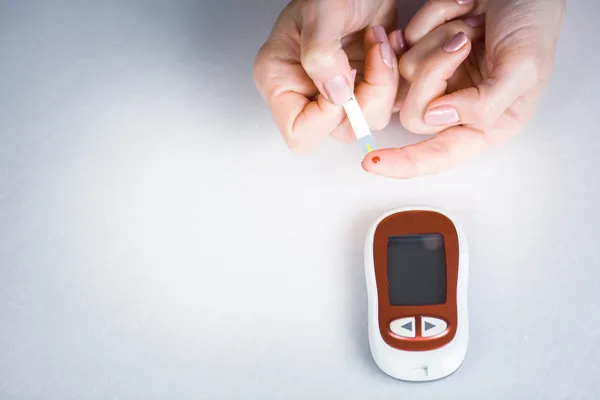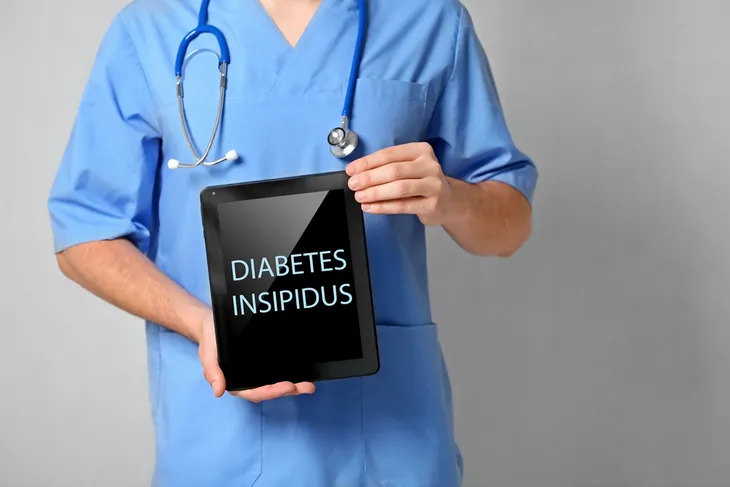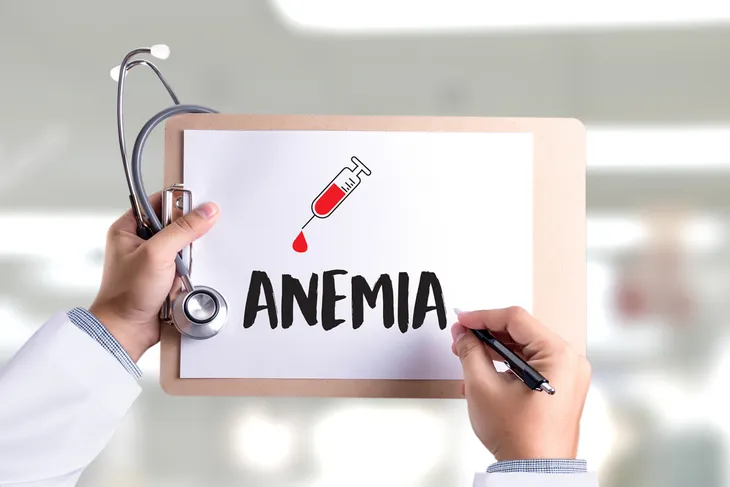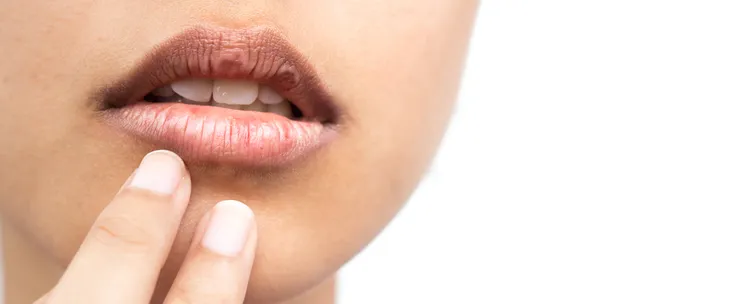It’s normal to experience thirst after eating something salty or spicy, when it’s hot outside, or after engaging in physical activity. According to WebMD, it’s the body’s way of “telling you that it’s running low on water, which it needs to work well.”
If the sensation is persistent and continues even after drinking something, or is accompanied by blurry vision or fatigue it may be an indication of excessive thirst. Medically referred to as polydipsia, excessive thirst is often an indication of a more serious underlying health condition—such as these six.
1. Dehydration
Dehydration occurs when the body lacks the necessary amount of water to function properly. Thirst is the main symptom of dehydration, which can happen for a variety of reasons, such as illness, excessive sweating, exercise, diarrhea or vomiting.
Beyond the need for water, WebMD says additional symptoms of dehydration may include dark-colored urine, infrequent urination, dry mouth, dry skin, feeling tired or lightheaded, and headache.
2. Diabetes
An unquenchable thirst is considered to be one of the earliest symptoms of diabetes. In speaking with Prevention, Heather Rosen, MD, medical director of UPMC Urgent Care North Huntingdon in Pennsylvania, explains that it occurs because diabetes causes a buildup of blood sugar in the body, which then “peer-pressures your kidneys into producing more urine to get rid of the excess glucose.” To prevent the constant fluid loss caused by frequent urination from leading to dehydration, the body will trigger thirst.
If excessive thirst is accompanied by other symptoms such as unexplained weight loss, fatigue or irritability, the source says to visit your physician for a blood glucose test to determine if you have diabetes.
3. Diabetes Insipidus
Despite its name, diabetes insipidus is unrelated to diabetes mellitus—the common condition mentioned earlier. According to the NHS, diabetes insipidus is caused by “problems with a hormone that regulates the amount of fluid in the body.”
This hormone imbalance leads to excessive urine production, meaning more frequent trips to the bathroom. To compensate for this constant loss of water from the body, excessive thirst often occurs.
4. Anemia
The Mayo Clinic defines anemia as “a condition in which you don’t have enough healthy red blood cells to carry adequate oxygen to the body’s tissues.” Whether due to ongoing blood loss (such as a bleeding ulcer) or sudden blood loss (heavy menstrual cycle), anemia commonly causes excessive thirst.
The excessive thirst happens due to the body trying to compensate for the loss of fluids that happens when it loses red blood cells faster than it can replace them. If the condition is mild it may not trigger polydipsia, but as it becomes more severe excessive thirst may present itself along with other symptoms such as dizziness, fatigue or weakness, and sweating.
5. Dry Mouth
Although not a cause of polydipsia, dry mouth is often mistaken for excessive thirst, as a person will consume more fluids in an attempt to relieve the discomfort caused by the condition. Also known as xerostomia, dry mouth occurs when the glands in the mouth produce an insufficient amount of saliva.
According to WebMD, it may happen due to “medications you take, treatments for other conditions like cancer, diseases like Sjogren’s syndrome, nerve damage in the head and neck, or tobacco use.” The source adds that other symptoms of dry mouth can include bad breath, irritation of the gums, trouble chewing or thick, stringy saliva.
6. Other Possible Causes
There are several other possible reasons for experiencing excessive thirst. MedlinePlus says one explanation is a “loss of body fluids from the bloodstream into the tissues,” which may occur due to conditions such as sepsis or heart, liver, or kidney failure. Low blood pressure may be another culprit. Prevention indicates that the body may trigger extreme thirst in order to add more water to the blood, in an attempt to raise blood pressure.
A constant urge to drink may also be due to a psychological problem known as psychogenic polydipsia. According to the NHS, this condition occurs when “a person with a mental health condition, such as schizophrenia, drinks excessive amounts of water that can’t be excreted (got rid of) by the kidneys.”









